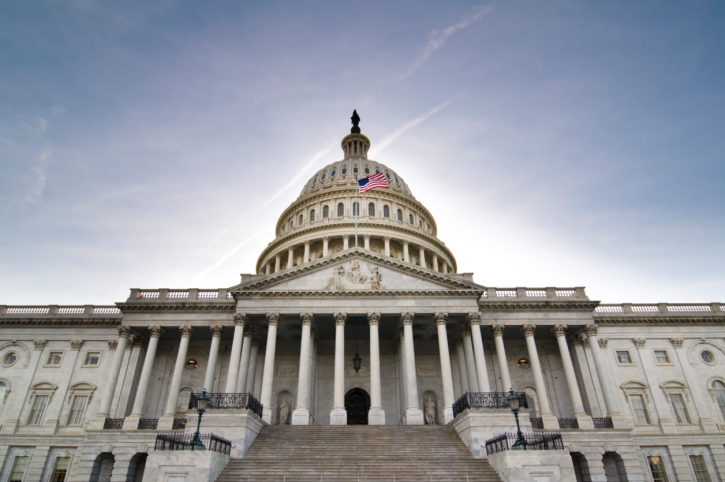Advertisement
Government Shutdown Leaves Imprint on the Mortgage Industry

With the government shutdown winding down, it’s important to look at the effects on the mortgage industry, as a whole. While plenty of individuals were furloughed, thus preventing them from making a living, the effects on individuals attempting to purchase homes or enter into a mortgage agreement were left out cold by the IRS’ inability to process form 4506-T. USDA loans also weren’t issued during the government shutdown.
“Outside of the obvious process impacts of submissions, approvals and income there are immediate and lingering tangential impacts to housing and housing finance markets. With over a decade of shenanigans by members of Congress who are not doing their jobs, the consumer and investor uncertainty continues to restrain any meaningful recovery,” said Mark Dangelo, president, MPD Organizations. “Without the extraordinary impacts of the Federal Reserve, the economy would be at zero growth from its 2009 levels and joblessness would have remained at over 8.5 percent.”
While Congress has been accused of not doing its job throughout this entire shutdown process, loans not making their way to borrowers and forms delaying the sale of homes is a major issue.
“In the early stages it seemed to business as usual. As one week turned in to two, we started hearing rumblings that certain process that required government action - IRS verification of income. Other than that mortgages that were scheduled to close while the shutdown was occurring most likely would have already had most I's dotted and t's crossed,” said Gregory Teal, president and CEO at Ernst Publishing Company.
Business as usual would lead to massive delays as 4506-T forms wouldn’t see the light of day while IRS personnel were on furlough. I was curious what impacts would remain for the industry in the wake of such a slowdown in closings and paperwork.
“There may be a trickledown effect for anything that may have started the process during the two weeks of shutdown. My guess is now that the shutdown has been ended, they will get back to the way things have been, a relatively positive outlook for housing and lending ... especially purchase transactions,” said Teal.
For many, the key comes in the form of investing into the economy in order to provide a more stable future for not only the American housing market but the American economy in general.
“For investors, why would you want to invest money for 10 or more years with a consumer in a flat or declining economy? If investors do not have the money or desire to invest America, then revenue for lending must come from deposits or organically. If the economy is misfiring, then where will the money come from to expand growth—the government?” said Dangelo. “If the government contracts and fails to guarantee debt (either by explicitly not or in a belief that their word is no longer risk-free), then how can new consumers get loans as baby boomers retire and the workforce shrinks?”
About the author





